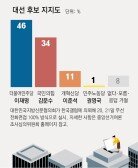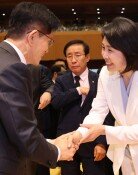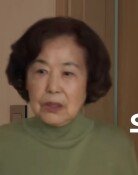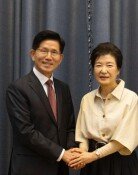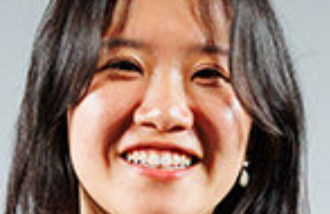[Focus] Is wind of change blowing over N. Korea?
[Focus] Is wind of change blowing over N. Korea?
Posted January. 18, 2001 11:53,
Is a wind of change blowing into the yuil (monolith) ideology and system of North Korea? It is interesting to note the idea of "new thinking" mentioned recently by North Korea's strongman Kim Jong-Il that indicates the possibility of pursuing fundamental changes in its ideology and system besides reform in the economic field. Kim is now traveling in China.
Government officials in South Korea on Wednesday referred to an article of Rodong Shinmun (North Korean Workers Party daily) with the headline "The 21st century is a century of vast changes and a century of creation" before making a cautious forecast of a possible change. Kim was quoted in the article, as saying that the times are different from the 1960s and therefore, the nation should not do things in the old Japanese way. They saw the new way to be including not only economics but also ideology and politics among the things to be changed.
The 1960s was a decade when the monolithic guiding principle of juche (self-reliance) was welded into North Korea's official system and doctrine in all fields of politics and ideology. Thus, that Kim specified the '60s of all periods as old times to be put behind might well suggest his readiness to undertake reforms in ideological and social systems.
The supreme leader of North Korea began using the title of "21st century leader" toward the end of 2000 and showing enough self-confidence to break with the yuhun tongchi, or rule by teachings left behind by his late father and founder of the Stalinist regime, Kim Il-Sung. This means the all-powerful chairman of the National Defense Commission has been pushing ahead with his Kim Jong-Il-style reform and opening-up, somewhat removed from the "our own style of socialism" upheld throughout the 1990s.
There is another reading of the current development. It warns against placing too much hope on the new thinking. Prof. Suh Dae-Sook, director of Kyungnam University's Far Eastern Institute, and Prof. Yu Ho-Yol, who is teaching North Korea studies at Korea University, described it as unimaginable for Pyongyang to abandon juche ideology, which has sustained the North Korean regime despite the collapse of the communist bloc. Abandoning its trademark philosophy would lead to the downfall of its system and loosening of the tight grip on the population.
They pointed out that in a joint New Year editorial published in major official media North Koreans affirmed their will to preserve the existing system. The editorial said that they would "protect and adhere to our ideology, our form of political system and our method of revolution."
These skeptics view North Korea as being continuously committed to the strengthening of its ideology and structure by stressing the "doctrine of the chieftain" central to juche ideology and pledging their utmost to safeguard the chieftain, who is Kim Jong-Il. Chieftain refers to either the dead senior Kim or the living junior Kim, depending on the context.
Ha Tae-Won scooop@donga.com



